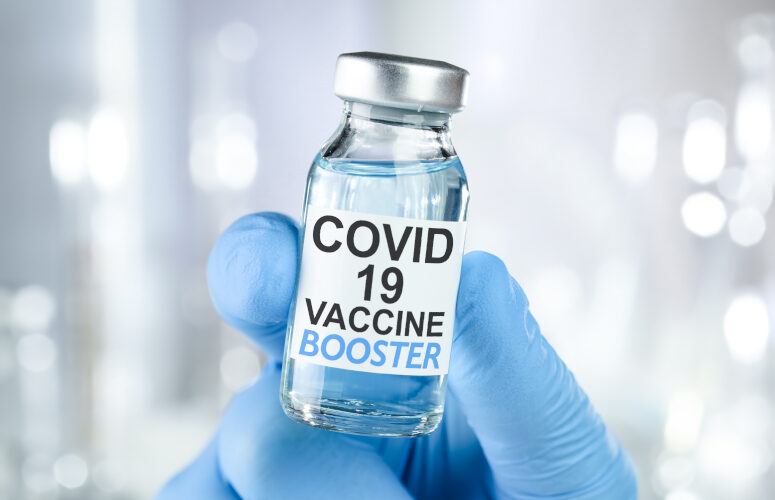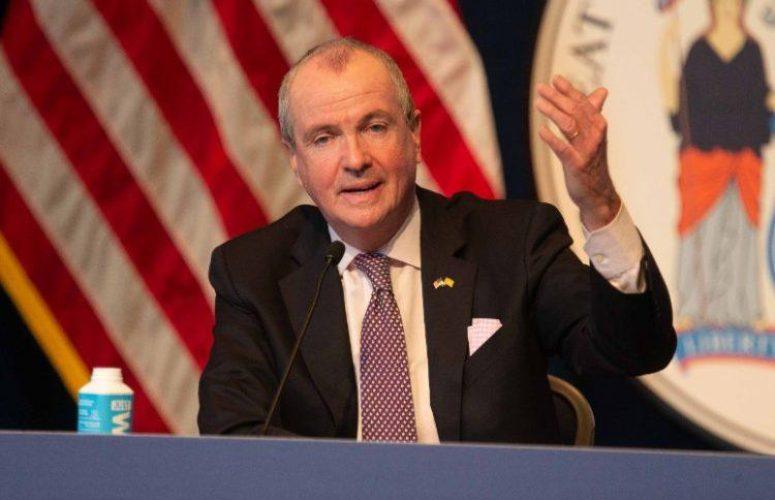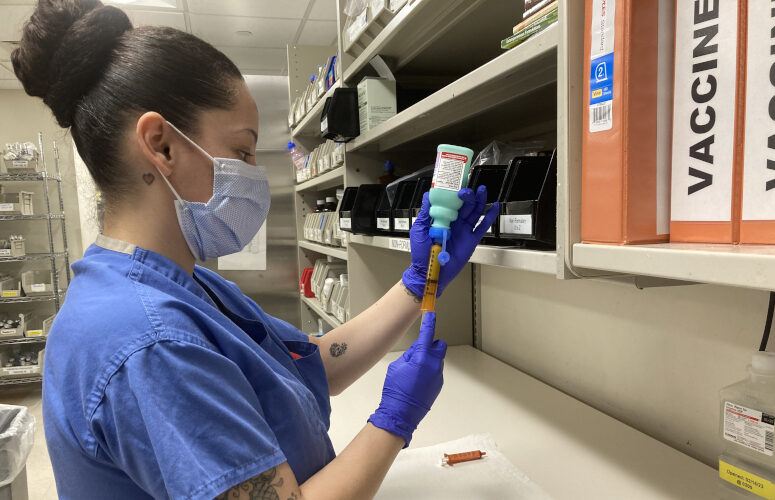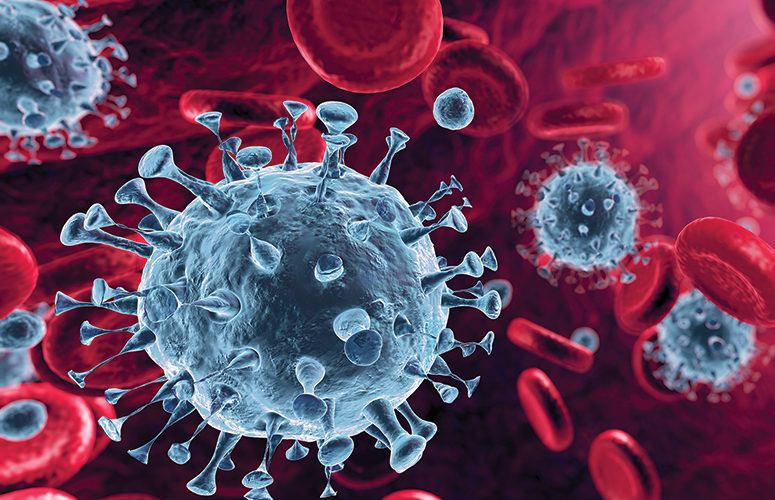
Healthcare Workers Face Booster Mandate Deadline Today
By Anthony Birritteri, Editor-in-Chief On Apr 11, 2022Today marks the deadline for healthcare workers at New Jersey hospitals, hospice care facilities, nursing homes and other senior care centers to have received their COVID-19 booster shot or face the possibility of losing their jobs. This comes at a time when these healthcare facilities are facing worker shortages, so letting workers go, even if it’s a temporary suspension, could possibly impact the delivery of care.
According to Nancy Fitterer, president and CEO of the Home Care & Hospice Association of NJ, “Any worker layoffs/firings would have a severe and detrimental effect on the workforce shortage because as it is, we don’t have enough nurses or aides to meet current demand.”
If an employee is not vaccinated nor boosted and does not have a religious or medical exemption, the provider is required to use progressive discipline, Fitterer said. “In the end, it could lead to a firing, but it doesn’t have to be right away,” she explained.
Fitterer added that most workers at home care and hospice facilities have been able to comply with the mandate without too many issues. “Several [facilities] had vaccine mandates in place, but the booster mandate was a challenge although most employees who did not want to take the booster did, in the end, take it to keep their jobs.”
According to Cathleen Bennett, president and CEO of the New Jersey Hospital Association, the majority of hospital workers around the state have received their booster shots, with many hospitals reporting boosted rates from 95% to 100%.
Meanwhile, James McCracken, president and CEO of LeadingAge New Jersey and Delaware, the statewide association of not-for-profit senior care organizations, said that senior living providers have implemented robust education initiatives to educate staff on the benefits of the vaccine. “Vaccination rates for those fully vaccinated and those who are boosted are improving,” he commented.
Like Fitterer, McCracken said the workforce is his No. 1 concern. “Our members work diligently to attract and retain high quality staff, and all staff are highly valued. However, there is a shortage in the labor market for all positions. Any staff member leaving is significant as staffing is very tight,” he said.
Originally, the deadline for workers at healthcare and high-risk congregate settings to be up-to-date with their initial COVID-19 vaccine and booster shots was Feb. 28, based on Gov. Phil Murphy’s original executive order issued on Jan. 19. On March 3, he extended the deadline to April 11 for healthcare workers, aligning the timelines with updated Centers for Disease Control and Prevention (CDC) recommendations. The deadline for high-risk congregate care settings was extended to May 11.
Regarding the May 11 deadline, Fetterer says these non CMS (Centers for Medicare & Medicaid Services) providers “traditionally had lower vaccination and booster rates. It is unclear how many of those employees will refuse the booster and will need to be fired in the end. We will not know the true number until the week of May 11 or even a few weeks later. That may cause a severe workforce shortage if employees decide to leave rather than get boosted.”
Overall, NJHA’s Bennett concludes, “New Jersey’s healthcare employers are committed to ensuring compliance and further increasing booster rates. This is a critically important issue as the pandemic continues amid a historic workforce shortage. Healthcare organizations are walking a delicate balance between protecting against COVID and ensuring New Jersey’s healthcare workforce continues to work in New Jersey.”
To access more business news, visit NJB News Now.
Related Articles:





